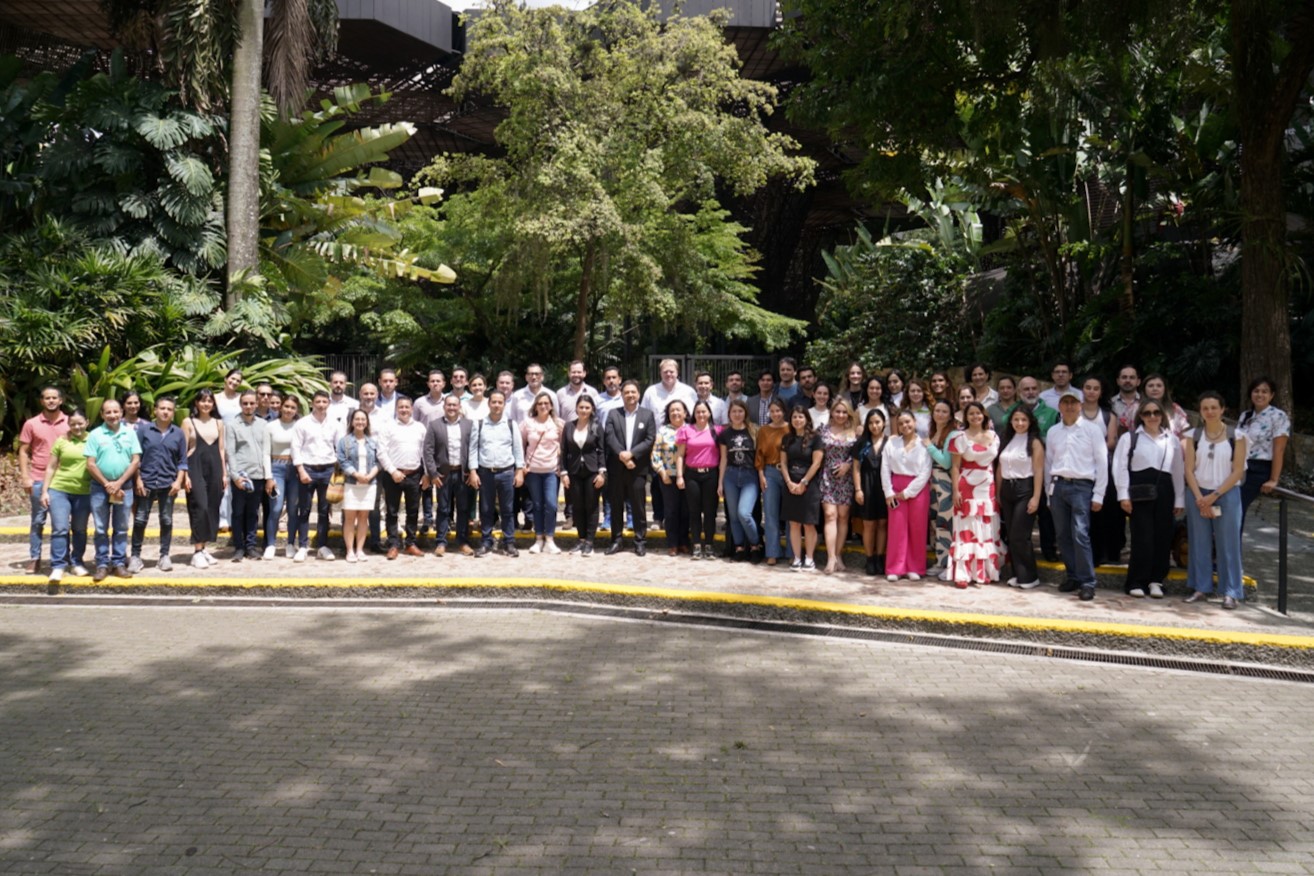After a year of implementation, the results of the project “NaBa: Nature-based Resilient Cities” (NaBa) were presented on 19 May at the Botanical Garden in Medellín. Through the project, the six participating cities – Yopal, Villavicencio, Montería, Bucaramanga, Pasto and Pereira – elaborated their Climate Risk and Vulnerability Analyses and maps of nature’s contributions to people. They also commit to protect biodiversity, combat the climate crisis and continue to advance the resilience agenda with the support of ICLEI Colombia. With the participation of more than 70 representatives from the six beneficiary cities, the closing of the initiative also included a tour to showcase the sustainable initiatives implemented in Medellín.
During the month of March, the six cities participated in face-to-face workshops to advance in the elaboration of their Climate Risk and Vulnerability Analyses, identifying actors and contributions from nature. Montería, Pasto, Villavicencio, Yopal, Bucaramanga and Pereira also had the opportunity to apply the MCR2030 Scorecard tool to identify each city’s risk management and resilience capacity.
Funded by the UK Government’s UK PACT – Nature Based Solutions and Adaptation and implemented by ICLEI in collaboration with the World Resources Institute (WRI) and the Instituto de Investigación de Recursos Biológicos Alexander von Humboldt (IAVH), “NaBa: Nature-based Resilient Cities” focuses on supporting the “Biodiverciudades” initiative in the six Colombian cities.
See below how the March workshops unfolded:
Montería
The workshop tour began in the city of Montería on March 9th, where more than 20 people gathered to witness the project’s progress in the city. During the session, the advances made in climate risk analysis issues were presented, and the different actors for all the challenges related to biodiversity and nature’s contributions were introduced. The Scorecard tool was applied to identify the municipality’s capacity in risk management and resilience issues, allowing all attendees to firsthand understand the challenges and opportunities ahead to become a model city.
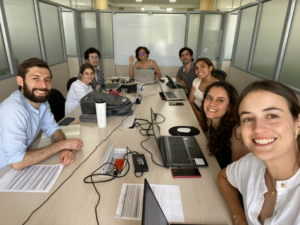
Pasto
The city of Pasto was next to experience the workshop and discover through the deliverables and progress presented the possibilities for improvement in risk management issues, highlighting the work that the city has done to mitigate this risk through the construction project of a very advanced emergency operations center. In addition, within the work carried out by focus groups, there was a great interest in including the project’s technical products in the analyses currently being carried out to improve the city.
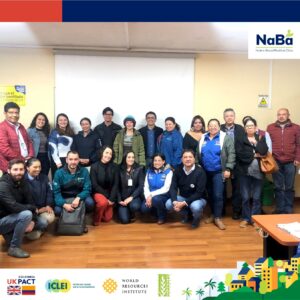
Villavicencio
Villavicencio was the third city in the country to receive the ICLEI Colombia team and the Von Humboldt Institute, with excellent attendance for the realization of the third workshop of the project. The workshop concluded with the recollection of valuable information from the city to generate even more value for each product according to the population’s needs. It is important to align these products with other activities such as the zoning plan for the city.
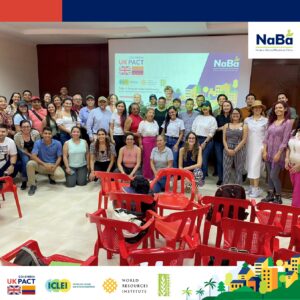
Yopal
The workshop was held in the city of Yopal on March 22nd, and each participating institution showed interest in the project results and the delivered products. It was also found that there is a need to strengthen the generation of policies and guidelines for green and blue infrastructure. Additionally, it is important to promote construction projects that prevent the risk of flooding and develop contingency plans for economic reactivation in the face of possible disasters.
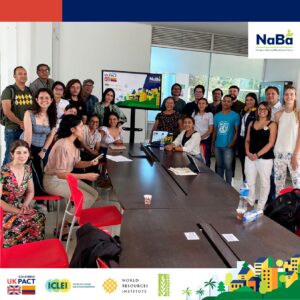
Pereira
The workshop tour continued in the city of Pereira on March 23rd, where actors from the public and academic administration, among others, gathered to learn about the modeling of NCPs and use the Scorecard tool to identify the capacities and improvements that the city must apply in terms of risk management.
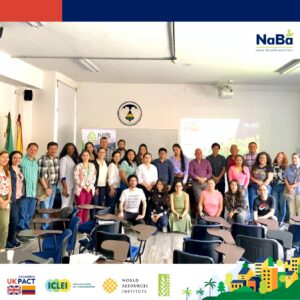
Bucaramanga
Finally, we concluded in the city of Bucaramanga with a large attendance that learned about the generalities of the project, its progress, and the results of the Scorecard tool, which provided significant inputs that will be taken into account for the next steps of the project.
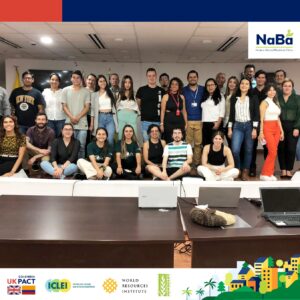
The realization of workshops in model cities allowed us to witness the great impact the project has had and the community’s interest in knowing its progress. The workshops had the participation of important actors, such as members of the Governorships, Municipal Mayors, Secretaries of Environment, representatives of NGOs, public service companies, educated population, entrepreneurs, communal action boards, women’s organizations, and private institutions, among others. Thus, concluded with a great commitment from each of the actors in the cities to continue with the project and advance towards their goal of becoming a model city.
